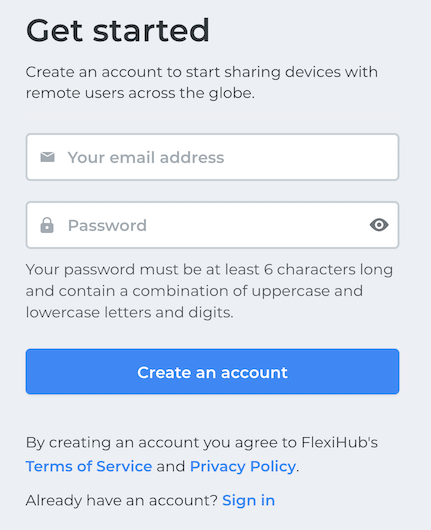
FlexiHub Team uses cookies to personalize your experience on our website. By continuing to use this site, you agree to our cookie policy. Click here to learn more.
Backing up your iPhone and other digital devices is always recommended. By creating multiple copies of your data, this ensures your data can be restored should your data become corrupted or inaccessible through hardware loss or damage. Various software solutions are available to allow you to backup your iPhone and send the backup to another remote computer for safe storage.


FlexiHub
There is no guarantee of a hundred percent trouble-free gadget operation. And the great majority of issues (not all, sadly) can be fixed with a firmware reset or restoration from a backup file. But what if you are far away from your computer and all the iPhone backup stored on it? What if you’re in need of an urgent phone restoration but you have no clue how to do any of that? In cases like that, it’s always better to let professionals handle the task.




iTunes and iCloud are two proprietary solutions from Apple that allows you to back up your iPhone. There are several third part solutions available as well, but it is recommended to use the solutions offered by Apple.
iCloud Backup provides an automatic cloud backup via WiFi. All media in the form of images and videos, as well as app data and settings, messages and ringtones are saved. Your purchase history from Apple stores like iTunes, App Store and iBook are also automatically backed up.

iCloud gives you the option of automatic or manual backup. Change and select your preference from the device settings menu in iTunes or from the iOS device. Actual purchases are not backed up, only the history. This means when you restore from an iCloud backup, it will redownload your purchases. Files are synced automatically but any deleted files after automated sync cannot be restored from a backup file.
You get free 5GB of storage per Apple ID, which depending on what you’re backing up is not much, however you do have the option of purchasing additional storage space. When your available storage is full, iCloud will inform you that a backup has failed due to lack of storage space and you will be prompted with upgrade options.
Steps to using iCloud to backup

How to use automatic iCloud Backups

Backing up to iTunes serves as a local failsafe for automatic iCloud backups. When changing devices or installing new software, it is useful to create a local backup to iTunes for easy and complete restoration if necessary. An iTunes backup is a better option when a full restore is required.

Steps to backup using iTunes
FlexiHub